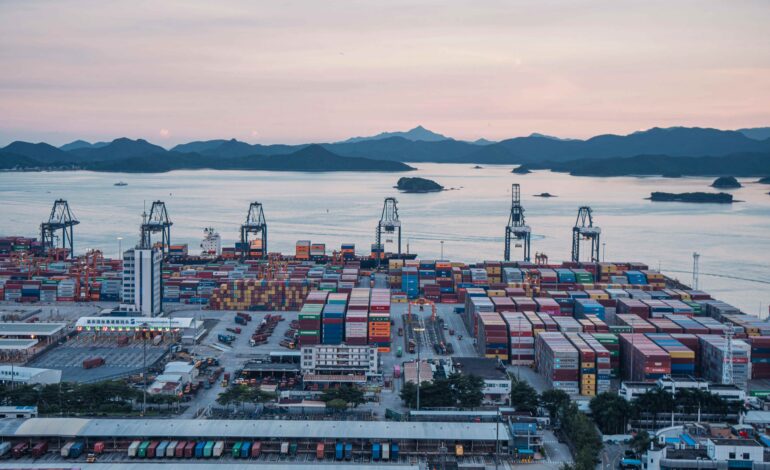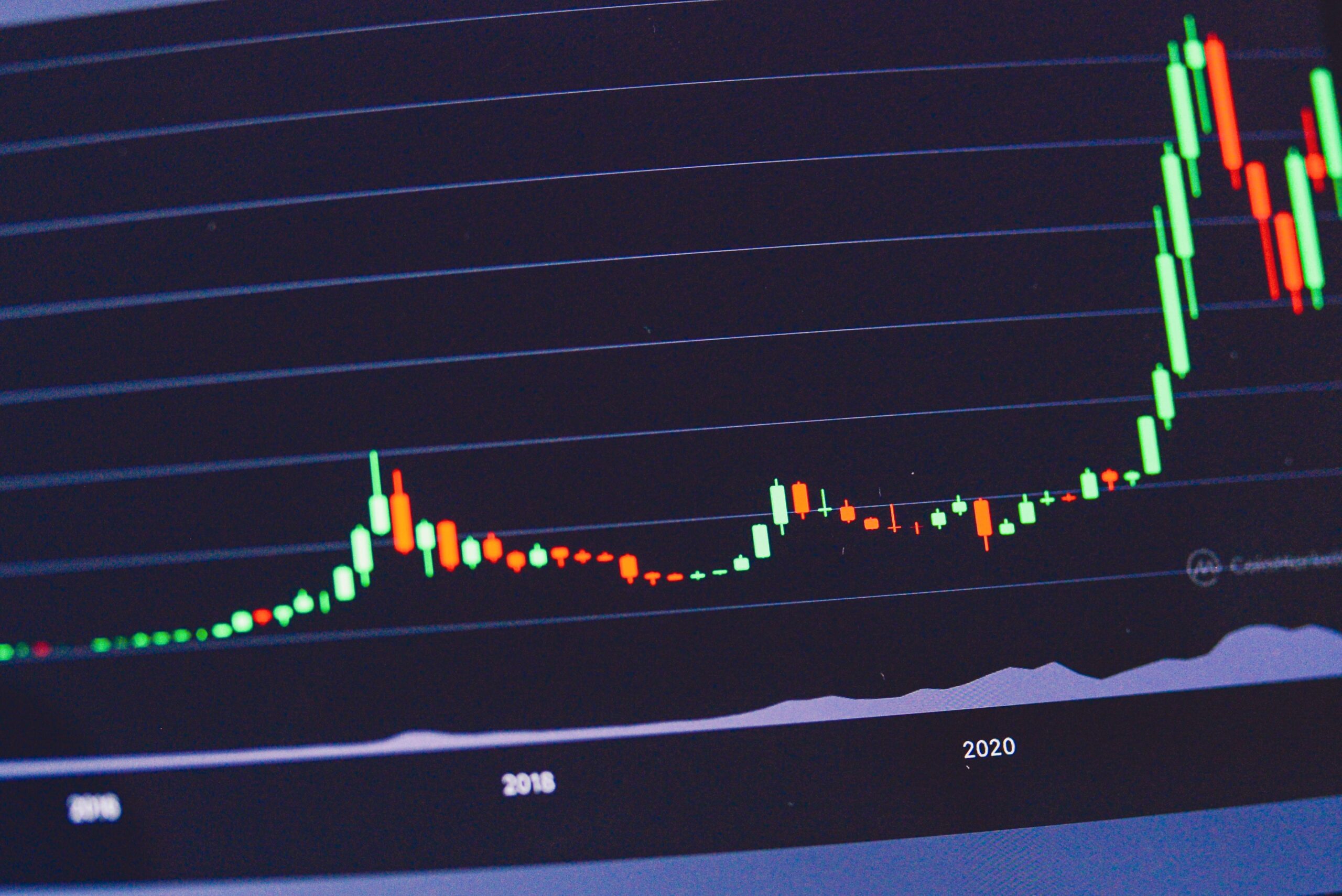
Impact of Geopolitical Tensions on Bunker Fuel Supply and Pricing
Geopolitical tensions have a substantial impact on the supply and pricing of bunker fuel, which is vital for powering ships worldwide. Political conflicts, sanctions, and trade restrictions between nations can significantly influence the global bunker fuel market. Understanding these impacts is essential for maritime industry stakeholders.
- Supply Chain Disruptions: Geopolitical conflicts can severely disrupt bunker fuel supply chains. Sanctions or embargoes on major oil-producing countries can hinder their ability to export crude oil, thereby reducing the availability of raw materials for bunker fuel production. Additionally, conflicts or instability near critical shipping routes or refineries can directly interrupt supply lines, leading to shortages.
- Price Instability: The uncertainty arising from geopolitical tensions often results in significant price instability in the bunker fuel market. Escalations in tensions can lead to speculative trading of oil futures, impacting bunker fuel prices. Additionally, perceived threats to maritime security, such as piracy or geopolitical conflicts affecting key shipping routes, can add risk premiums to bunker fuel prices.
- Regional Discrepancies: Geopolitical tensions can cause regional disparities in bunker fuel supply and pricing. Disruptions in oil supply from unstable regions may force ships to source fuel from alternative, possibly more expensive, locations, leading to localized price increases and logistical challenges for maritime operators in these areas.
- Investment and Market Perception: Geopolitical tensions influence market perception and investment in bunker fuel infrastructure. Uncertainty about future geopolitical developments can deter long-term investments in new refineries, storage facilities, or alternative fuel technologies. Conversely, geopolitical stability or diplomatic resolutions can encourage investments aimed at enhancing supply chain resilience.
- Regulatory Changes: Geopolitical tensions often lead to regulatory changes affecting bunker fuel markets. Increased risks may prompt stricter enforcement of environmental regulations, affecting the types of bunker fuels allowed in certain regions. Additionally, geopolitical alliances and trade agreements can influence fuel quality standards and compliance requirements, shaping market dynamics.
- Strategic Stockpiling and Risk Mitigation: In response to geopolitical tensions, stakeholders may engage in strategic stockpiling of bunker fuel to mitigate supply risks. This can further exacerbate short-term price fluctuations as market participants adjust their inventories based on perceived threats and anticipated regulatory changes.
In conclusion, geopolitical tensions significantly impact bunker fuel supply and pricing. They disrupt supply chains, cause price instability, create regional discrepancies, influence market perception and investment, drive regulatory changes, and affect risk mitigation strategies. As geopolitical landscapes evolve, maritime industry stakeholders must remain vigilant and adaptable to navigate these complexities effectively.





